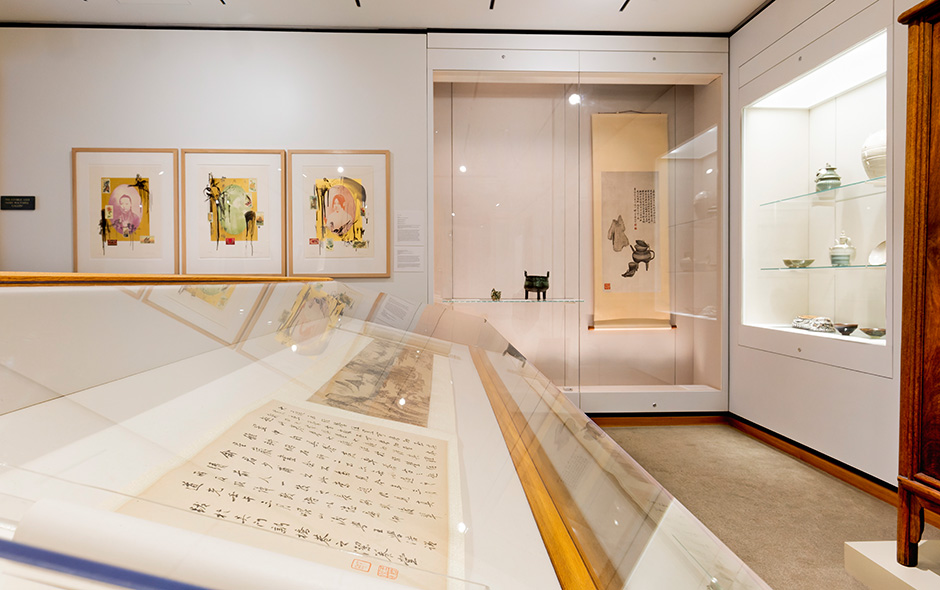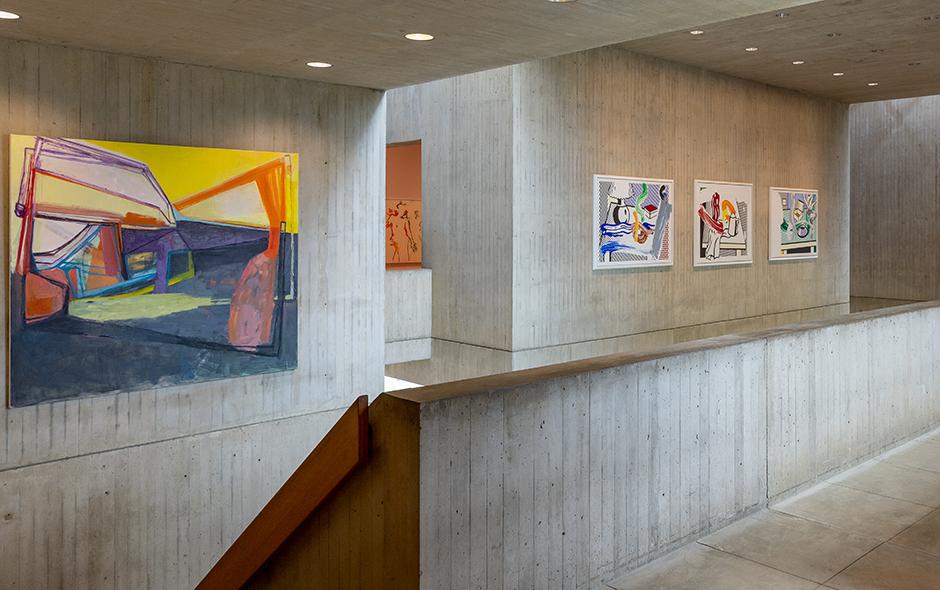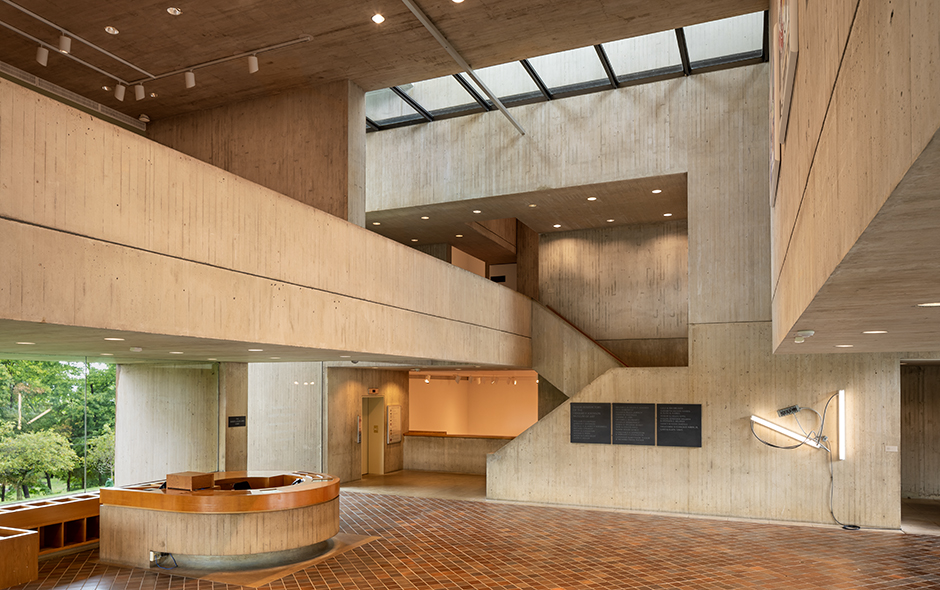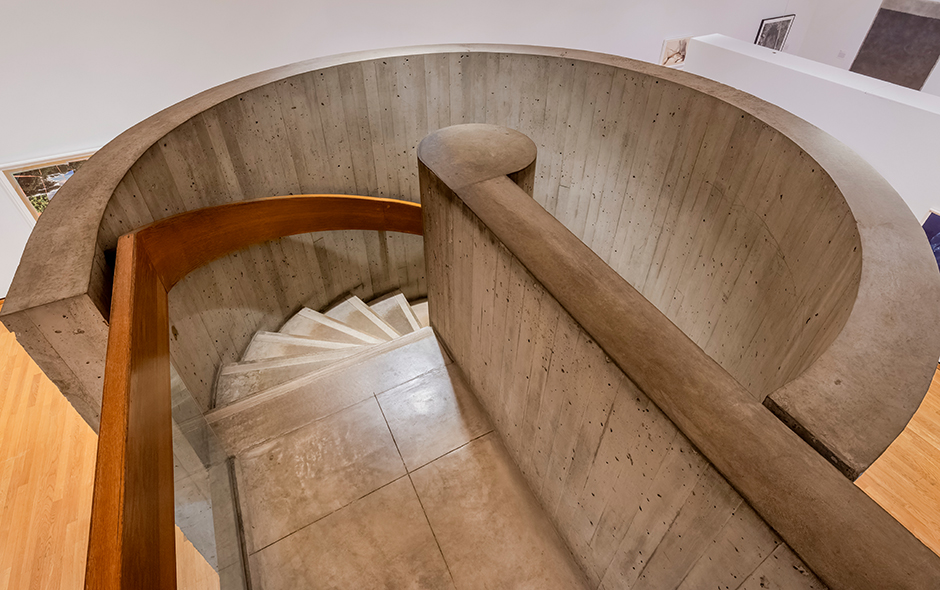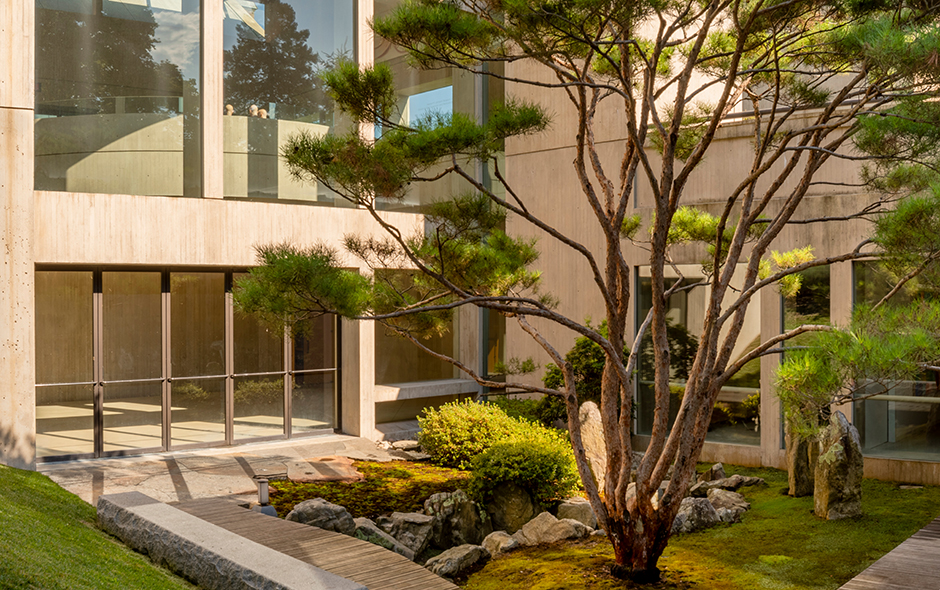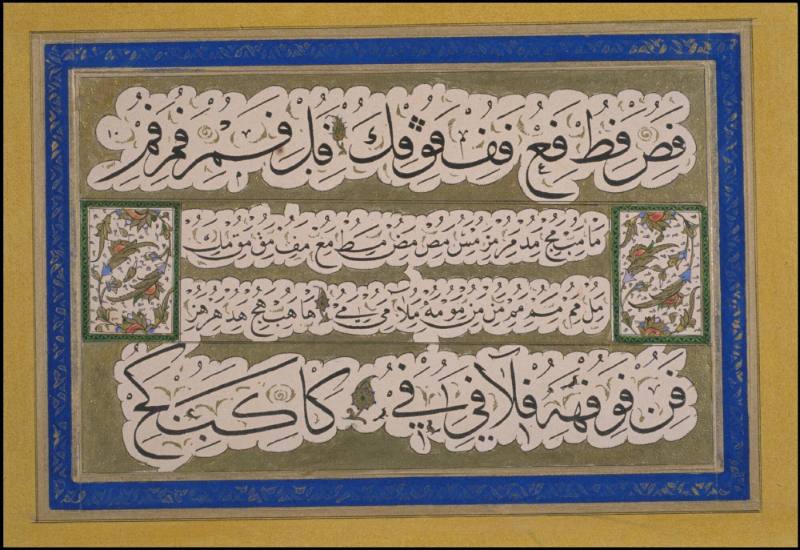Miss Qiu
(Chinese, active ca. 1565–1585)
Guanyin seated on a rock, from an album of twenty-four portraits of Guanyin
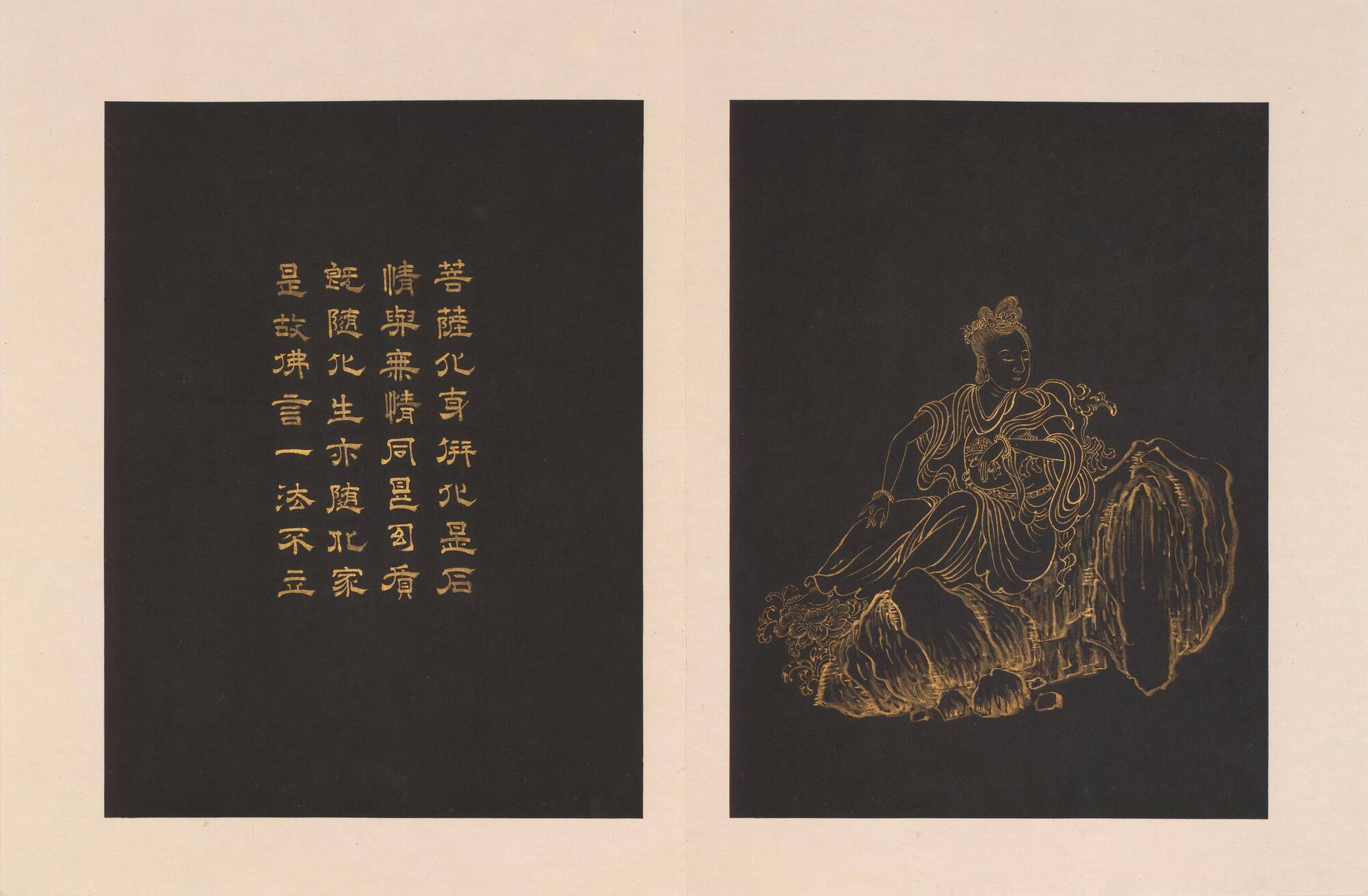
Object Details
Artist
Miss Qiu
Date
late 16th century
Medium
Album pages: gold ink on dyed paper
Dimensions
Image (each): 11 9/16 × 8 11/16 inches (29.4 × 22.1 cm)
Sheet: 14 9/16 × 22 inches (37 × 55.9 cm)
Mat: 22 × 28 inches (55.9 × 71.1 cm)
Credit Line
Acquired through the generosity of Judith Stoikov, Class of 1963, supplemented by the George and Mary Rockwell Fund, and gift of Warner L. Overton, Class of 1922, by exchange
Object
Number
2002.012.020
Inscribed with a poem:As to the Poussa’s various metamorphoses All these transformations are stones.(…)
Inscribed with a poem:As to the Poussa’s various metamorphoses All these transformations are stones.Whether they are popular or unpopular, They are all equally unreal realities;Since they do not conform to certain incarnations Or they conform to certain cultsErgo the Buddha says: Not one [of them] exists.As is the case with many Chinese women artists, little is known of Miss Qiu’s biography beyond the fact that she was the daughter of the famous painter Qiu Ying (active 1530-50). Two of the seals on this album belong to Xiang Li, one of the wives of the famous Ming collector Xiang Yuanbian. Qiu Ying lived with the Xiangs toward the end of his life; Miss Qiu might have lived there then as well and after her father’s death maintained a close relationship with the family. Her album is inspired by a woodblock print series based on paintings by Ding Yunpeng (1547-1628) that were in turn based on a famous handscroll depicting thirty-two manifestations of Guanyin by Li Gonglin (1049-1106) that was owned by Xiang Yuanbian. These pages are part of an album of twenty-four images of Guanyin, the bodhisattva of compassion. Here Guanyin’s reclining position on the rock may be a visual pun on the phrase in the last line of the poem: bu-li, literally “does not stand up,” which means “does not exist.”




